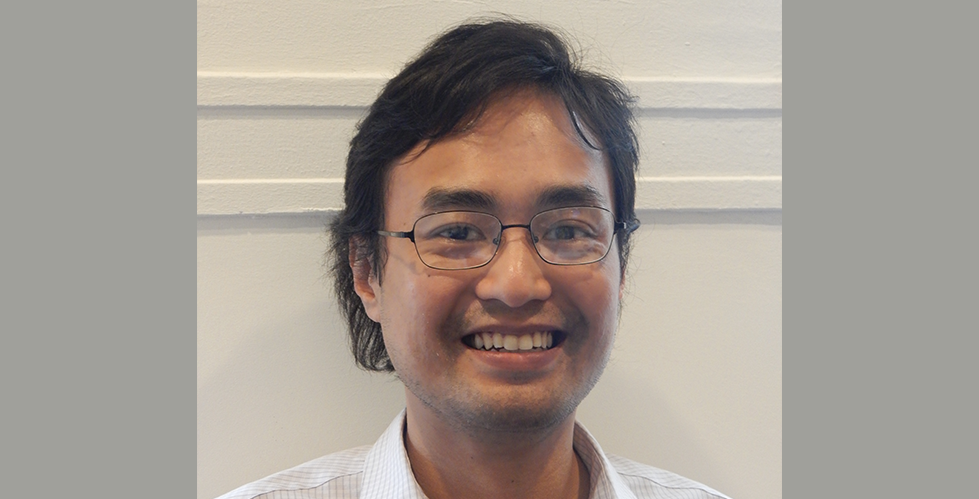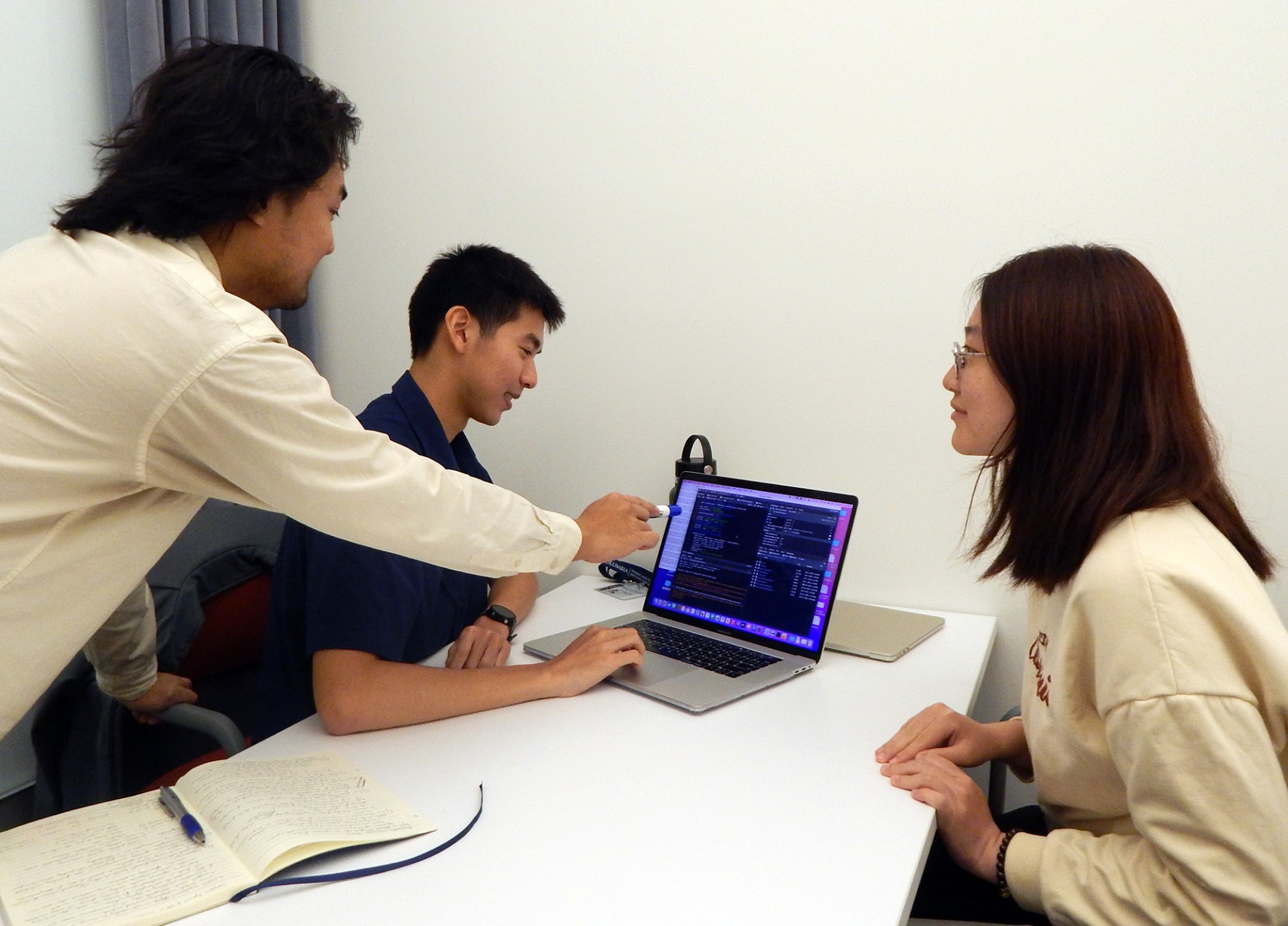Faces of IICD: Khanh Dinh, Associate Research Scientist
Faces of IICD is a newly created blog series to allow our members to share more about their career paths and personal stories.

Khanh Dinh is an associate research scientist. Khanh's background is in computational mathematics. His work has been focused on modeling and simulating a framework that can characterize the timeline of genomic changes during cancer development to determine how cancer adapts and evolves. In the latest "Faces of IICD" blog series, Khanh shares about what mentoring and helping the next generation of cancer researchers means to him.
The elegance of math has always inspired me. However, most of the math classes I attended showed little application. Mostly, I did not understand how it could be used to further knowledge about the natural world. Because of this, I was disillusioned with school and felt the only reason to work was to earn a degree.
While in graduate school, I was invited to participate in a summer school in quantitative biology. The event featured many biologists and mathematicians working in concert. They presented how they used simple mathematical models to link patient observations to clinical predictions. The program opened my eyes to the numerous ways math can provide a rigorous framework and a different viewpoint on some open problems in biology. This revived my passion for math, showing me that math could have the potential to be socially impactful. The event also allowed me to meet one of my mentors, Dr. Marek Kimmel (Rice University).
Over the years, my career path has brought me amazing mentors. They all have been highly supportive of my education and research, and I cannot credit them enough. The lessons I have learned from all of them are what I hope most to convey to my mentees and future students.
I learned the tenacity and attention to detail required to conduct good research from my PhD advisor, Dr. Roger Sidje at the University of Alabama. He is also a tireless advocate for diversity and inclusion. My first postdoc advisor, Dr. Marek Kimmel, taught me the art of developing a good mathematical framework to solve a biological problem. He showed me that the simplest models are often the most impactful and relevant. That has helped me mitigate my tendency to overcomplicate and develop the skills to extract the essential components from typically complex biological phenomena.
Finally, my second and last postdoc advisor, Dr. Simon Tavaré, taught me how to be an independent researcher. He gave me the freedom to pursue the projects I’m most passionate about and encouraged me to explore further applications. However, when there were inevitable roadblocks along the way, I could - and still can - always count on him to give me some advice.

All three shaped the scientist I am now and helped me become a mentor. Over the last year, I had the opportunity to mentor several graduate students through the MA Mentored Research Projects program in the Statistics department and undergraduate interns with the IICD Summer Research Program. I hope to share my passion and determination for research with my mentees and encourage them to challenge themselves. I also recognize that everyone is different. I try to understand the needs of individual students and adapt my approach accordingly to leverage their strengths.
Most importantly, mentoring is a two-way street, and I also learn a lot from my interns. One of my biggest challenges is balancing time between various responsibilities - from planning projects and writing grant proposals to getting up to date with new findings in the field through attending conferences and reading papers - on top of actually conducting research. I have had to think critically about dividing my time between all these duties, including mentoring. One big part of adjusting involved me learning to delegate. I am by nature a perfectionist, which can make entrusting others with certain projects difficult. I’m still learning to accept that I cannot do everything by myself, and it is okay if the approaches differ from what I intended. Furthermore, my students brought fresh perspectives on several projects I had not considered before. Research is really about collaboration and different points of view, and working with various interns reminded me of this essential aspect.
